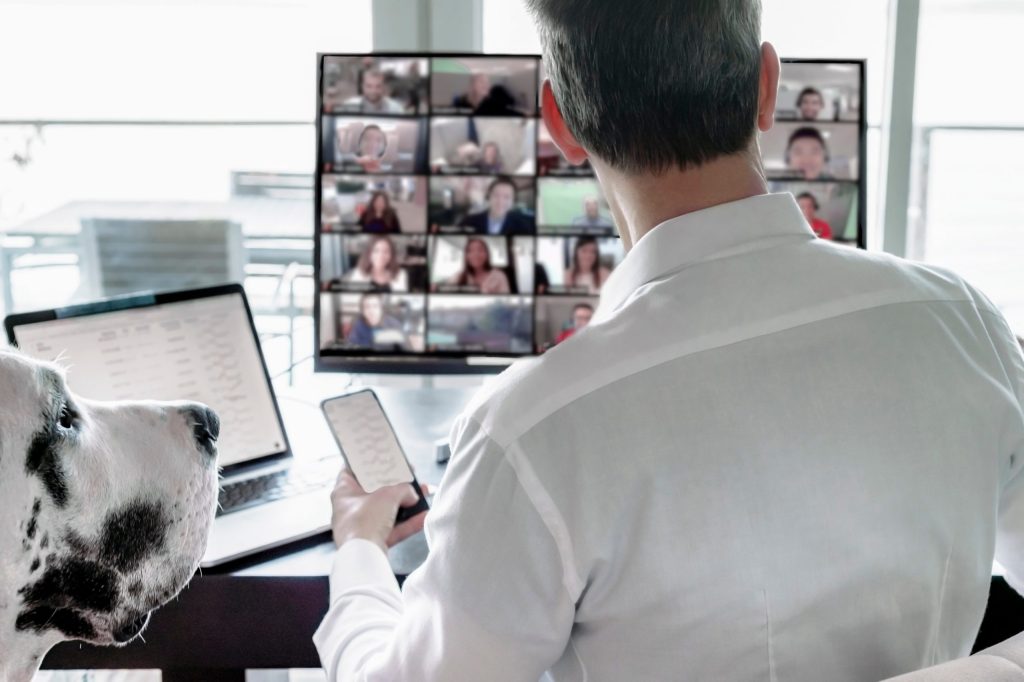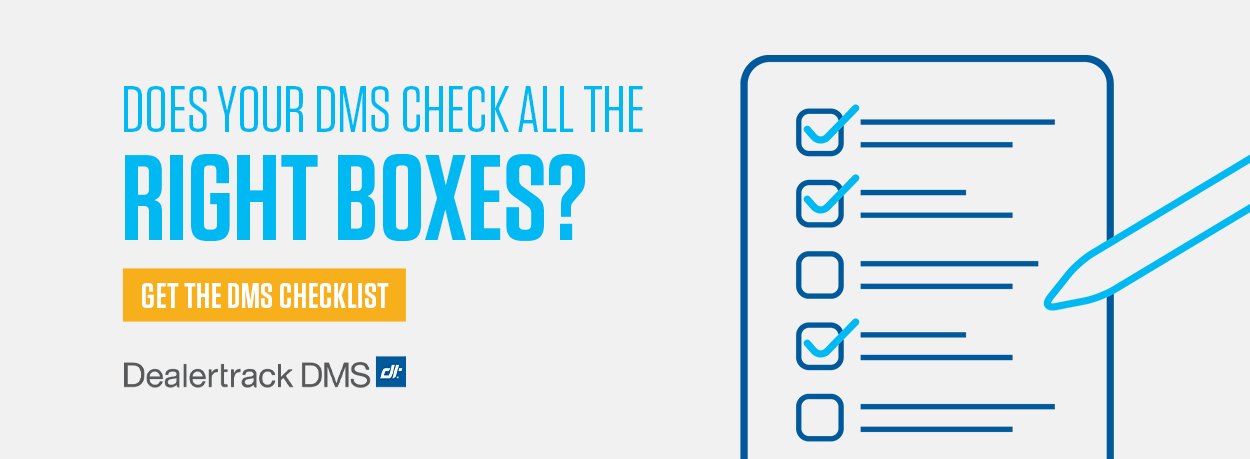Dealerships across the country are beginning to reopen and emerge from shelter-at-home guidelines this June. And eager employees are looking to fill old positions in sales and service roles that may have been placed on furlough or operated in remote capacity. But, the return to the showroom won’t be as simple as flipping on the “Open” sign for most businesses. With safety regulations and guidelines, as well as altered customer expectations, dealerships are being very careful not to rush into the process. Many car buyers aren’t as eager to jump back into old habits either. With virtual showrooms and online buying becoming standard due to the lessons learned during quarantine, not everyone wants the process of buying a car to go back to pre-COVID-19 ways. Dealertrack DMS VP of Operations, Mandi Fang, recently joined Dale Pollak, founder and EVP of vAuto, to discuss the principles for becoming a data-driven dealership in his online webinar series. Let’s take a look at these steps and apply them to the dealership re-boarding process to build a data-driven team ready and willing to meet the needs of the new business environment.
Build a Culture that Values Data
Using data-driven practices to effectively measure and monitor what matters most to your business will help you minimize your reliance on instinct. This may sound simple in theory, but in reality, nearly 40% of organizations use ‘gut feelings’ to make big decisions.¹ Building a culture that understands and values data has to start at the top. Once you demonstrate that dat
A can positively impact your dealership, you’ll have an easier time convincing your team to trust it over experience or gut instincts. Look to your DMS to provide accurate forecasting and reporting. And leverage your Performance Managers to help you establish which reports will help you.
Redefine Your Business Objectives for Today’s Values
As buying habits change, the market shifts, and situations such as a global pandemic impact the way customers interact with your business, your dealership must remain flexible. Redefining your business objectives for today’s values will keep you on track to meet realistic goals. For example, according to a Cox Automotive customer sentiment survey, two out of three buyers are willing to buy a vehicle 100% online.² Do your business objectives truly accommodate what two out three buyers want? That includes virtual test drives, e-forms, online financing, virtual showrooms, video meet-and-greets, etc. Is your staff trained to handle these new needs?
Find the right People, Processes, and Tools
Aligning the right people to your technology—and implementing efficient processes—is the magic formula that will help your dealership run like a well-oiled machine. Install a difficult technology system with a low adoption rate and you will have a huge problem on your hands. Plus, you may even find yourself struggling to onboard, or reboard, your employees as you open for business this summer with new regulations, more virtual experiences, and an even greater reliance on technology.
Ready to Recruit?
The beginning of 2020 saw record low unemployment. But the pandemic has forced many businesses to close or furlough their staff leading to a huge shift in unemployment claims. If your dealership isn’t hiring right now, use this opportunity to build a strong career website. And, if you are, make sure your site is attracting tech-savvy talent who are willing to meet the new challenges of your digital dealership. Our partners at Hireology have outlined several best practices and strategies in their Career Site Playbook.
Watch the full presentation and discussion with Mandi and Dale in the video below.

HELPING OUR CLIENTS MAINTAIN BUSINESS CONTINUITY IS A TOP PRIORITY. VISIT OUR BUSINESS CONTINUITY TOOLS & RESOURCES CENTER FOR MORE.
¹BARC Institute, 2014 Information Culture Study.
²Apr 11 CAI dealership survey)




